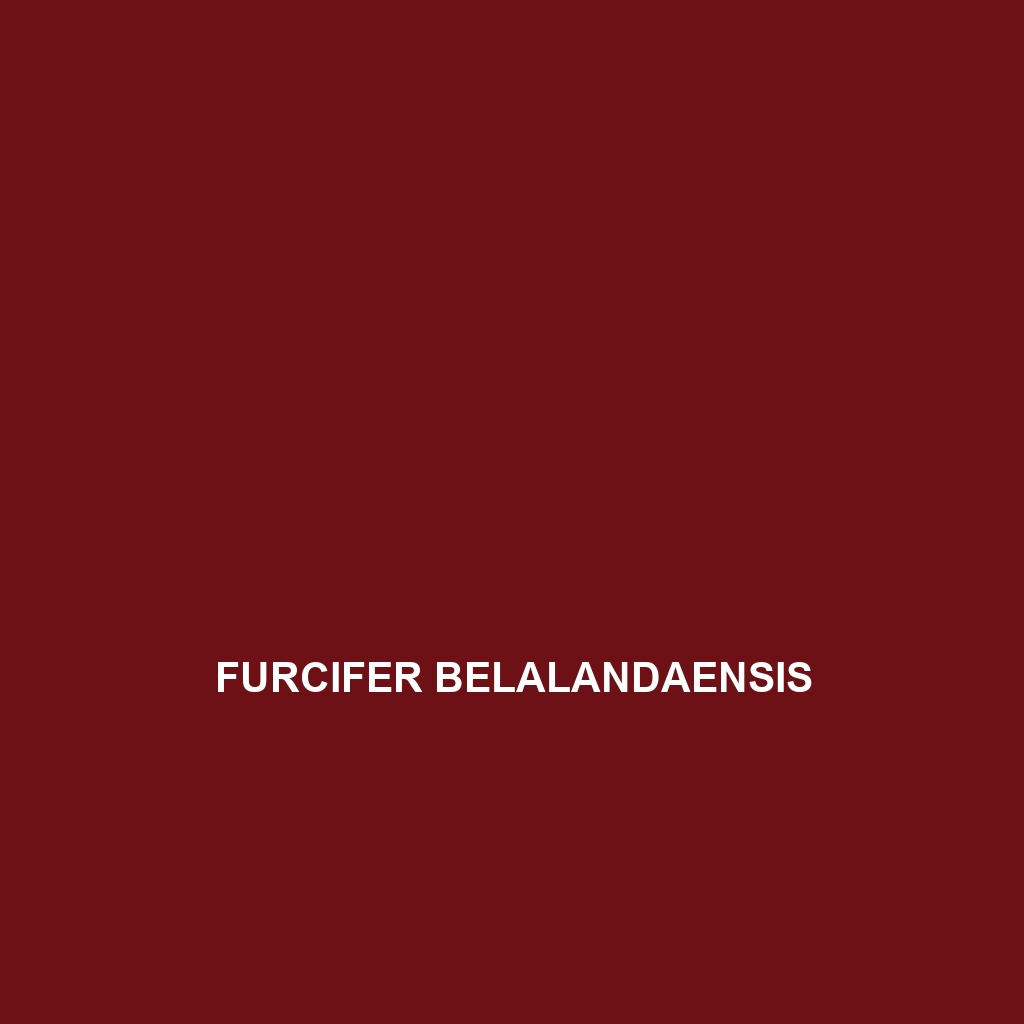Discover the Furcifer belalandaensis, or Belalanda chameleon, an endangered species native to the rainforests and dry deciduous forests of Madagascar, known for its vibrant color changes, distinctive helmet-like head structure, and arboreal lifestyle. This insectivorous chameleon plays a vital role in its ecosystem by regulating insect populations and promoting biodiversity.
Tag: species conservation
Eutropis lankae
<p><b>Eutropis lankae</b>, also known as the Sri Lankan skink, is a slender, diurnal insectivore native to tropical rainforests and various habitats in Sri Lanka, recognized for its smooth, glossy skin and ability to adapt to both terrestrial and arboreal environments. This species plays a crucial role in controlling insect populations while showcasing unique behaviors and reproductive strategies, contributing to the biodiversity of its ecosystem.</p>
Eryx vittatus
<b>Eryx vittatus</b>, or the striped sand boa, is a stout, nocturnal snake native to arid regions of North Africa and the Arabian Peninsula, known for its distinctive pale yellow to sandy base with dark stripes. This fossorial species plays a crucial role in its ecosystem by preying on small rodents and birds, while also exhibiting unique burrowing behavior that helps it thrive in sandy environments.
Erythrolamprus breviceps
Discover the Erythrolamprus breviceps, or short-headed snake, a small, secretive species thriving in Central and northern South America's diverse habitats, characterized by its distinct short head, adaptive coloration for camouflage, and a diet primarily consisting of small vertebrates and insects. This carnivorous snake plays a vital role in its ecosystem, helping to maintain ecological balance while exhibiting fascinating behavioral traits.
Epictia septemlineata
Discover the Epictia septemlineata, a slender snake species native to Central America's tropical rainforests and savannas, known for its striking black or dark brown vertical stripes and nocturnal behavior. This insectivorous predator plays a vital role in maintaining ecological balance by controlling insect populations while showcasing remarkable adaptability through effective camouflage and burrowing abilities.
Epictia fallax
The Epictia fallax, or False Threadsnake, is a small, nocturnal burrowing snake native to Central America's rainforests and savannas, characterized by its slender body, distinctive coloration, and diet primarily consisting of small invertebrates. This species plays a crucial ecological role by contributing to soil health and controlling insect populations.
Enyalius leechii
Discover the vibrant <b>Enyalius leechii</b>, or Leech's Enyalios, a diurnal reptile found in the lush rainforests of Central and South America. Known for its remarkable climbing abilities, distinctive coloration, and vital role in controlling insect populations, this species adapts to various environments while primarily feeding on insects.
Enyalius bilineatus
Explore the captivating Enyalius bilineatus, or lineated anole, known for its striking coloration, unique two-line pattern, and remarkable climbing abilities. This diurnal insectivore thrives in the humid tropical forests of Central America, playing a crucial role in maintaining ecological balance by controlling insect populations.
Enyalioides sophiarothschildae
Discover the vibrant and agile Enyalioides sophiarothschildae, a striking lizard native to the tropical rainforests of eastern Peru and northern Brazil, known for its remarkable color-changing ability and crucial role in maintaining ecosystem balance by regulating insect populations. This diurnal, arboreal species thrives in biodiverse habitats, showcasing a slender body adorned with textured scales, and exhibits fascinating social interactions and hunting techniques.
Enulius bifoveatus
Discover the Enulius bifoveatus, a striking 20-25 cm species native to the Amazon Basin, known for its vibrant coloration and unique bi-lobed markings that enhance its camouflage. This versatile omnivore thrives in tropical rainforests, exhibiting nocturnal behavior and playing a vital role in seed dispersal and ecosystem balance, while facing conservation challenges due to habitat loss.









